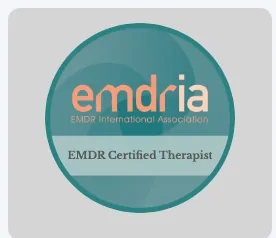Perhaps The Most Important Work You Will Ever Do!
Managing the Dragon of Stress
Recently a student of mine commented, “my life is one big STRESS BALL - no money for school, books, no food, bumming quarters to fill her gas tank, flat tire… a boyfriend with too many girlfriends, etc.
Moreover, stress is often associated with anxiety, depression, alcohol and substance abuse. If you are suffering from stress related symptoms (e.g., tension headaches, intestinal and stomach disorders, anxiety, depression, or substance abuse) that have escalated to chronic conditions, or an overall decline in mental health status due to lack of care and self-neglect please seek professional help. Stress comes to each of us in all shapes and forms but, simply speaking, stress occurs with the appraisal of a potential stressor that then results in the body’s mobilization of a physiological response that enables our adaptation to the stressor. These experiences range from major life events to daily hassles.
Our natural physiological stress hormones that have historically protected us through the response of fight or flight, first identified by Walter Canon, when chronically elevated are contributing to our demise. Stress is now equated to illness and eventually death.
The processes of the mind-body connection and the implication of psychological and social stressors on those processes impacts the heart, aging, our immune systems, mental states, and general well-being.
Benefits of Stress Management
In our work together we examine the impact of stress on your health and guide you in developing strategies to prevent the negative consequences of stress. Together we develop an individualized approach for managing stressors in your life through realistic assessment and skill development. Some of the benefits you will experience:
- Develop an understanding of the physiological and psychological pathways of the human response to stressful stimuli.
- Develop a basic understanding of the diseases and illnesses associated with stress and the nature of that association.
- Identify the major symptoms of chronic stress.
- Identify, analyze, and re-frame potentially stressful situations you encounter in your daily life.
- Skillfully utilize stress management techniques for the recognition, prevention, and reduction of unhealthy levels of stress.



